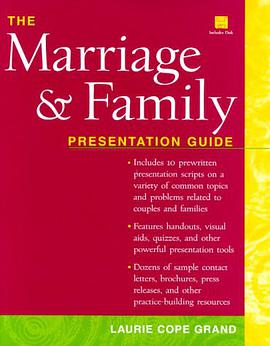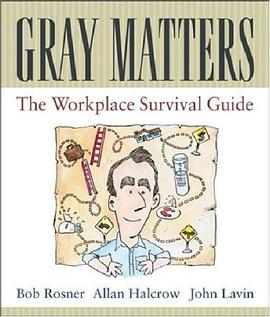

具体描述
The idea of a philosophy of palliative care emerged with Cicely Saunders' vision for 'a good death', and was developed further with the WHO definition of palliative care. It is now being applied not only to cancer patients, but to all patients in end of life situations. As this 'palliative care approach' advances, it is important to pause and comment on its effectiveness. It is a philosophy of patient care, and is therefore open to critique and evaluation. Using the Oxford Textbook of Palliative Medicine, 3rd edition as their basic reference, Randall and Downie present their argument that the palliative care approach has become too busy and over-professionalised, and that it therefore has significant weaknesses. They examine the framework of the specialty - quality of life, autonomy, dignity, patient-centredness, and the priority assigned to relatives in the remit of care - and the moral problems associated with implementing such a philosophy. The resource implications of various health care policies are also discussed in relation to the WHO definition. Whilst the authors defend the achievements of palliative care and those who work in the profession, they present suggestions for an alternative philosophy. Their philosophy prompts many ethical and philosophical questions about the future of palliative care.
作者简介
目录信息
读后感
评分
评分
评分
评分
用户评价
相关图书
本站所有内容均为互联网搜索引擎提供的公开搜索信息,本站不存储任何数据与内容,任何内容与数据均与本站无关,如有需要请联系相关搜索引擎包括但不限于百度,google,bing,sogou 等
© 2026 book.wenda123.org All Rights Reserved. 图书目录大全 版权所有




















